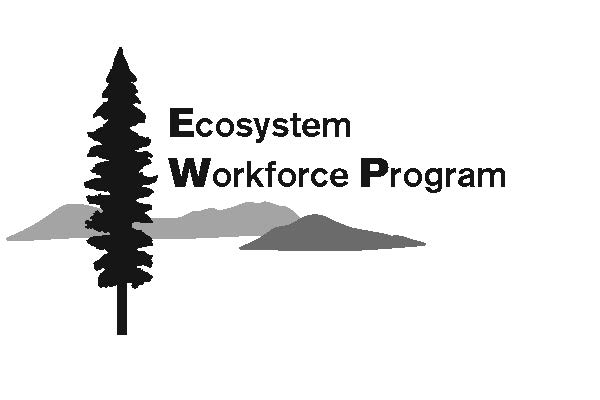Commonalities of Carbon Dioxide Exchange in Semiarid Regions with Monsoon and Mediterranean Climates
| Title | Commonalities of Carbon Dioxide Exchange in Semiarid Regions with Monsoon and Mediterranean Climates |
| Publication Type | Journal Article |
| Year of Publication | 2012 |
| Authors | Scott, RL, Serrano-Ortiz, P, Domingo, F, Hamerlynck, EP, Kowalski, AS |
| Journal | Journal of Arid Environments |
| Volume | 84 |
| Start Page | 71 |
| Pagination | 9 |
| Keywords | carbon and carbon storage, technical reports and journal articles |
| Abstract | Comparing biosphereatmosphere carbon exchange across monsoon (warm-season rainfall) and Mediterranean (cool-season rainfall) regimes can yield information about the interaction between energy and water limitation. Using data collected from eddy covariance towers over grass and shrub ecosystems in Arizona, USA and Almeria, Spain, we used net ecosystem carbon dioxide exchange (NEE), gross ecosystem production (GEP), and other meteorological variables to examine the effects of the different precipitation seasonality. Considerable crossover behavior occurred between the two rainfall regimes. As expected in these usually water-limited ecosystems, precipitation magnitude and timing were the dominant drivers of carbon exchange, but temperature and/or light also played an important role in regulating GEP and NEE at all sites. If significant rainfall occurred in the winter at the Arizona sites, their behavior was characteristically Mediterranean whereby the carbon flux responses were delayed till springtime. Likewise, the Spanish Mediterranean sites showed immediate pulse-like responses to rainfall events in non-winter periods. The observed site differences were likely due to differences in vegetation, soils, and climatology. Together, these results support a more unified conceptual model for which processes governing carbon cycling in semiarid ecosystems need not differ between warm-season and cool-season rainfall regimes. |
| URL | http://www.sciencedirect.com/science/article/pii/S0140196312001231 |
| DOI | 10.1016/j.jaridenv.2012.03.017 |




